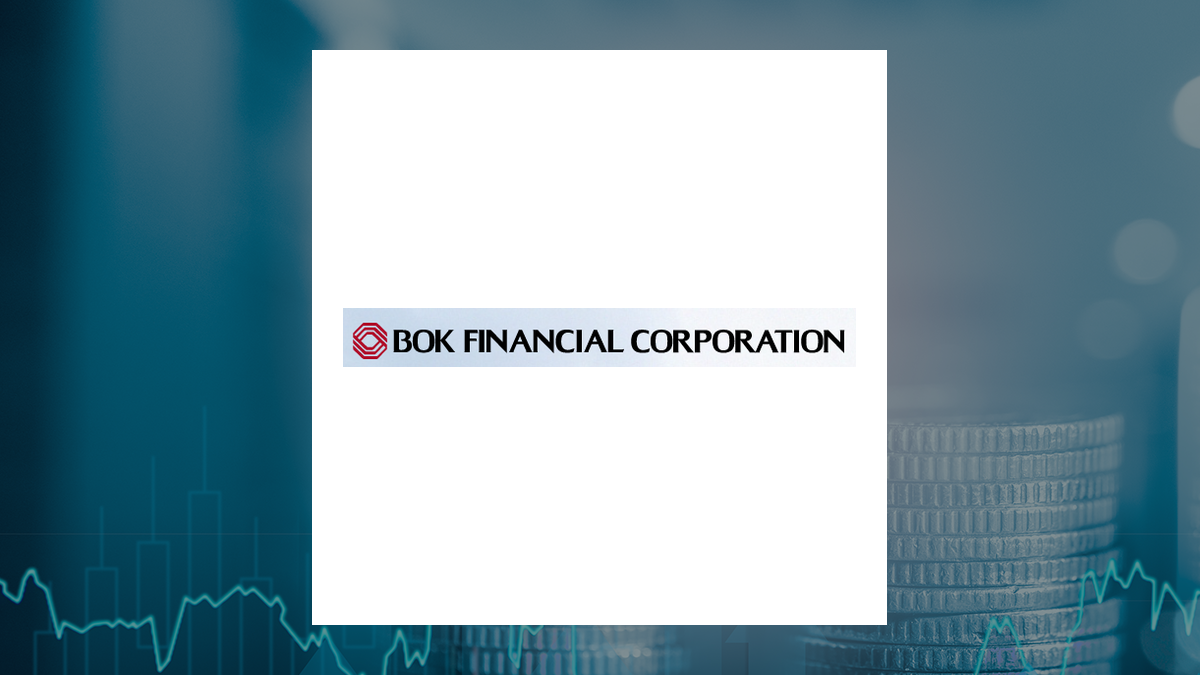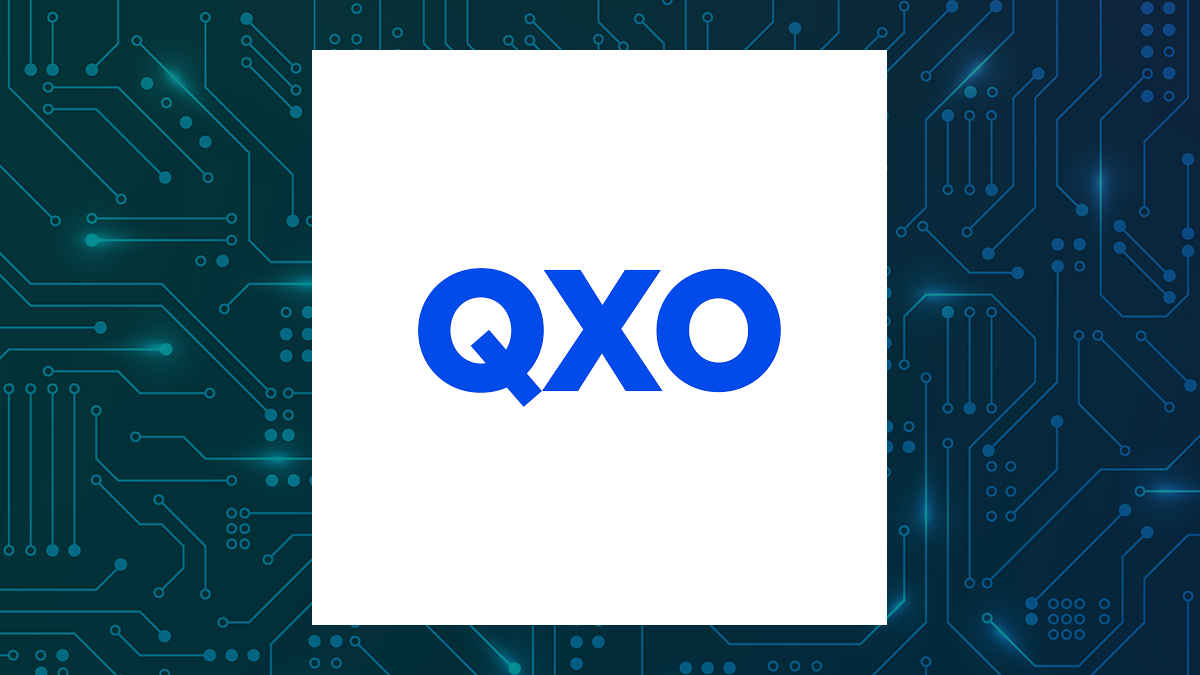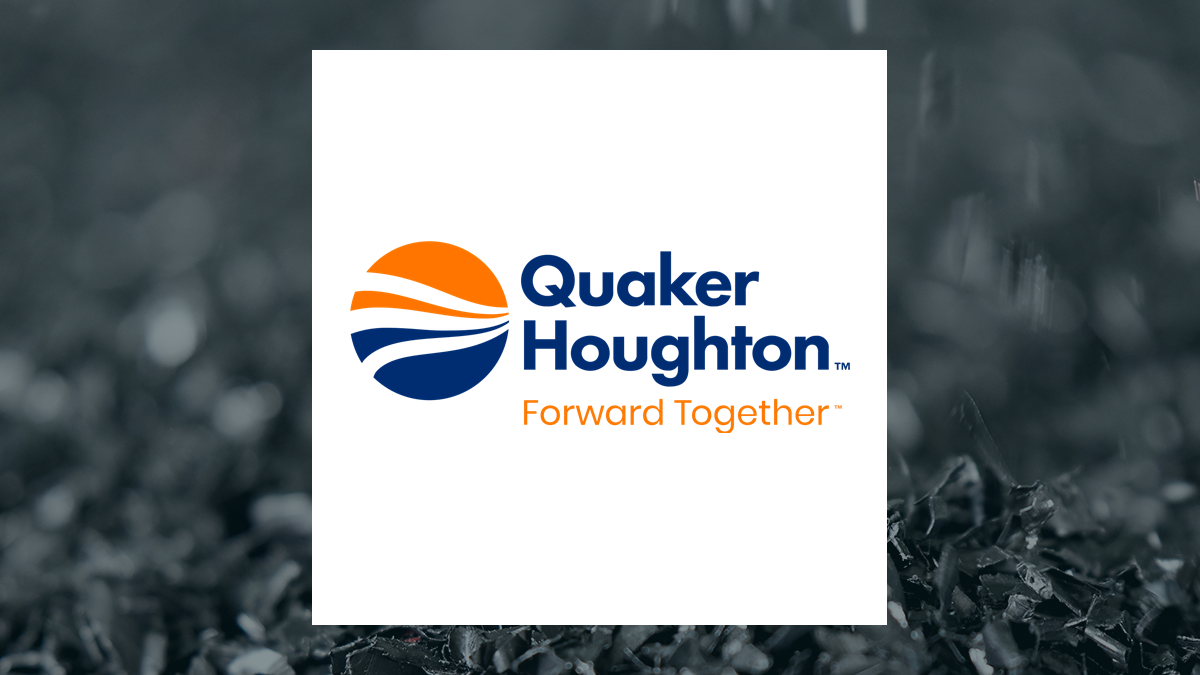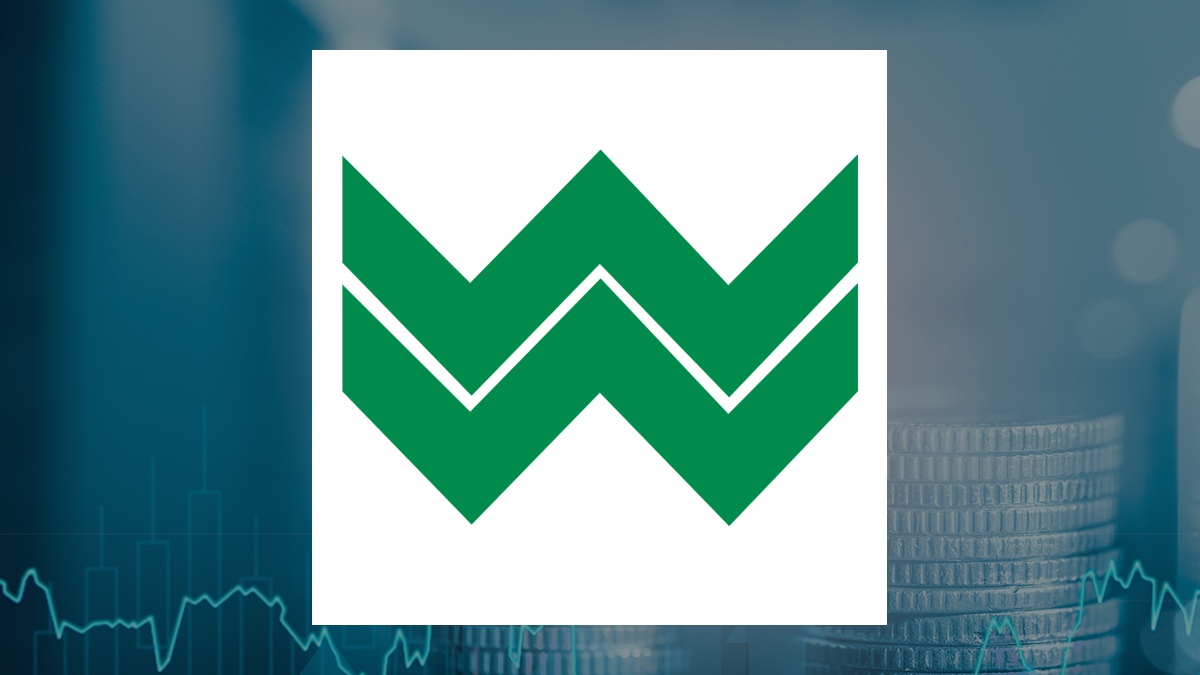While Microsoft has backed off some leases recently with its data center buildout, both Amazon ( AMZN 2.01% ) and Alphabet ( GOOGL 2.79% ) ( GOOG 2.
56% ) look prepared to go full steam ahead. Microsoft still plans to spend around $80 billion on infrastructure capital expenditures (capex) for artificial intelligence (AI) this fiscal year, but its fiscal year ends in June, only a couple of months from now. However, it's pausing some early-stage projects, apparently because its needs and those of its AI partner OpenAI are moving in different directions.

For its part, OpenAI is looking to build out its own capacity; it's part of Project Stargate, which plans to spend $500 billion on AI data centers over the next few years. However, Amazon and Alphabet both plan to spend big in 2025. Alphabet recently reiterated that it would spend $75 billion in data center capex this year, while Alphabet plans to spend around $100 billion.
The potential impact of tariffs is not changing their plans. In a letter to shareholders this month, Amazon CEO Andy Jassy called AI "a once-in-a-lifetime reinvention of everything we know," and said that that it's "moving faster than almost anything technology has ever seen." Meanwhile, at the recent Google Cloud Next '25 conference in Las Vegas, Alphabet CEO Sundar Pichai said "the opportunity with AI is as big as it gets.
" Data center spending History suggests that Amazon and Alphabet's expenditures will pay off. Amazon has a long history of spending big on capex to build its business. It built an entire warehousing and logistics network from scratch in order to speed up delivery of the goods it sold.
This was pricey, but helped turn the company into the e-commerce behemoth it is today. It then turned around and did the same thing with cloud computing , basically inventing the infrastructure-as-a-service industry with Amazon Web Services (AWS), which is now its most profitable business. Many analysts initially questioned the company's spending plans for building out AWS and doubted it would become a profitable business.
Alphabet also built out its Google Cloud business spending with a lot in up-front costs, and endured initial losses. However, the fruits of this labor began to shine through last quarter when the Google Cloud segment hit a profitability inflection point, with operating income soaring 142% to $2.1 billion.
Back in 2017, analysts at Goldman Sachs recognized a "historical relationship between accelerated investment periods and revenue reacceleration" at Amazon. They also noted that Amazon's stock outperformed following these cycles of intensive investment. In its letter to shareholders, Amazon noted that data center investments have attractive free cash flow (FCF) and return on invested capital ( ROIC ) profiles, and that these assets have useful lives of 15 to 20 years or more.
It also predicted that AI infrastructure pricing will come down, especially as more chip options become available outside of Nvidia . Amazon also expects inference to become the biggest driver of AI costs in the future, compared to model training today. With inference projected to become increasingly important, both Amazon and Alphabet have developed their own custom AI chips designed specifically for inference.
Amazon said its new Trainium2 chip has a 30% to 40% better price-to-performance ratio than current graphic processing units (GPUs) . One of its biggest goals is making inference less expensive for customers, which it believes will ultimately lead to more overall AI spending. Meanwhile, Alphabet just introduced its seventh-generation AI chip, Ironwood.
It said the new chip has been designed for the "age of inference," with increased computation power and memory capacity. This is Alphabet's first chip designed specifically for inference, and was created to handle models that "provide the proactive generation of insights and interpretation." It's also its most energy-efficient chip to date.
Time to buy the stocks Amazon and Alphabet are investing heavily in AI, and over the long run these investments should pay off, especially with Microsoft potentially slowing its spending. Demand for cloud computing and AI services is driving strong growth, as these companies help customers create their own AI models and apps and run AI workloads on their platforms. Both companies have also been at the forefront of developing custom AI chips to help lower AI infrastructure costs.
As AI moves more toward inference, both companies are lowering the overall cost by developing chips that consume less power and are designed specifically to handle these tasks. AI is also permeating the rest of their businesses. Amazon has been using AI to become more efficient in its logistics and warehouse operations, and to make better product recommendations to its customers.
Alphabet has made great strides with its newest Gemini 2.5 model, quickly catching up in the AI race; this should help its search and ad businesses, as should some groundbreaking AI tools, such as its Veo 2 text-to-video generator. With the recent market sell-off, both stocks are trading at attractive valuations.
If history is any indication, both will be long-term AI winners, making them both solid long-term investments..
















